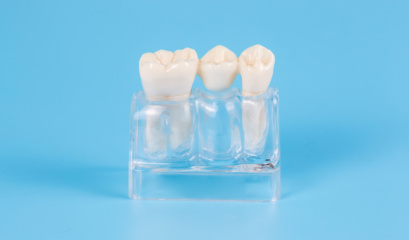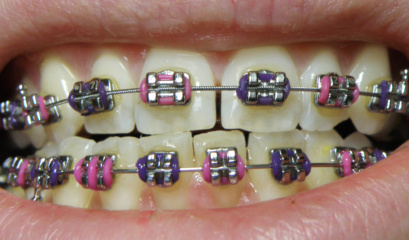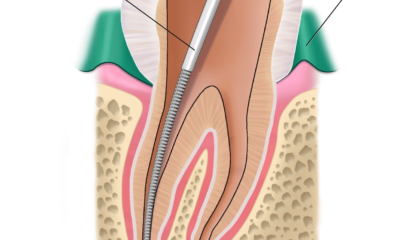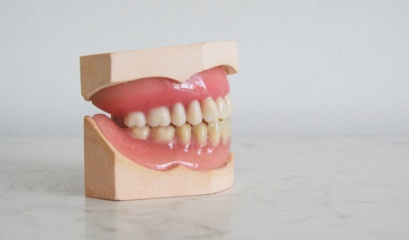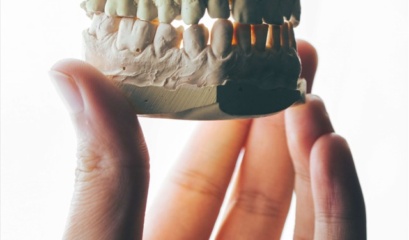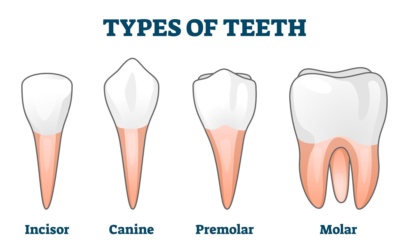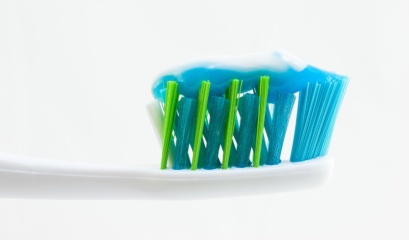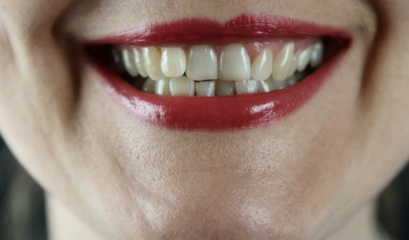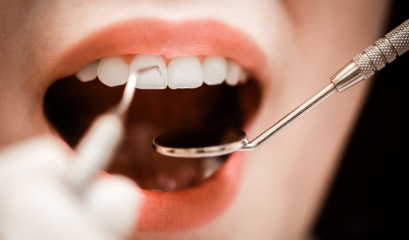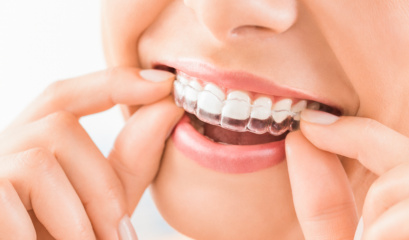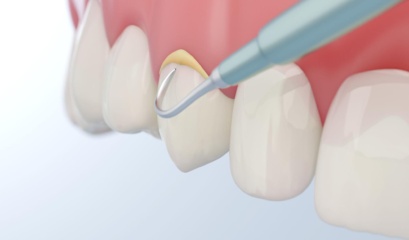While some people would not have any issues with wisdom teeth, others face multiple troubles, prompting urgent dental consultations. But does everyone have wisdom teeth? This is a frequently asked question, especially for those who’ve never experienced the signs of wisdom teeth.
When Do Wisdom Teeth Come?
Wisdom teeth vary significantly among individuals but typically occurs between the ages of 17 and 25. Recognising the signs of emerging wisdom teeth can be crucial for managing potential complications. Some common indicators include discomfort or pain at the back of the mouth, swelling of the gum in the back of the mouth, and sometimes difficulty opening the jaw or chewing.
It’s important to monitor these symptoms closely because if wisdom teeth are unable to fully emerge, they can become impacted, leading to pain, infection, and other oral health issues.
Why Do We Have Wisdom Teeth?
Wisdom teeth are a nod to our evolutionary past. Our distant ancestors required these robust molars to grind down plant tissue, raw meat, and other hard materials that constituted their diet. As human diets evolved, the need for these powerful grinding teeth diminished. Modern humans consume much softer foods and use tools for cutting and processing food, reducing the need for such heavy-duty molars.
However, the genetic programming for wisdom teeth remains, and so they continue to develop in most people, although sometimes without the space needed to fully emerge. This mismatch between our evolutionary history and modern dental health is a fascinating example of how our past continues to influence our present.
Does Everyone Have Wisdom Teeth?
Contrary to popular belief, not everyone is destined to have wisdom teeth. In fact, studies have shown that there is a significant variation in the occurrence of wisdom teeth across different populations. Approximately 35% of the population does not develop all four wisdom teeth, with some individuals never developing any at all. This variation can be attributed to genetic differences, with certain ethnic groups more likely to experience variations in wisdom tooth development.
The question of whether one will have wisdom teeth and how many can be intriguing. Genetics play a crucial role in determining the number of wisdom teeth each person develops. If your parents did not have wisdom teeth, you’re more likely to follow in their footsteps. Furthermore, the evolving human jaw size, which has become smaller over generations due to changes in diet and lifestyle, contributes to the decreasing necessity and presence of these molars.
Complications and Removal
While wisdom teeth can quietly settle into some smiles without a hitch, they often bring along a suite of potential complications. Impaction is one of the most common issues, occurring when there isn’t enough space for the teeth to emerge properly. This can lead to pain, swelling, and infection. Moreover, even when wisdom teeth do fully erupt, they can cause overcrowding, pushing other teeth out of alignment. It is important to remove wisdom teeth when causing damage to your lifestyle.
1. Impaction and Infection
One of the most common complications of untreated wisdom teeth is impaction, where the teeth do not fully emerge through the gums due to lack of space. This can lead to painful infections as bacteria find easy access to the partially erupted teeth and surrounding gums. Impacted wisdom teeth can create pockets between the teeth where food particles and bacteria accumulate, leading to decay and gum disease.
2. Damage to Adjacent Teeth
Wisdom teeth can push against neighbouring teeth as they try to make room for themselves. This pressure can cause damage to adjacent teeth, including tooth decay, weakening of roots, and in severe cases, resorption where the tooth structure begins to dissolve. These issues not only compromise the health of the adjacent teeth but can also necessitate complex dental procedures to correct.
3. Cysts and Tumors
The sac within the jawbone that houses the wisdom tooth can fill with fluid, forming a cyst that can damage the jawbone, teeth, and nerves. In rare cases, this cyst can develop into a tumour, requiring surgery for removal. These conditions can lead to significant jaw discomfort, swelling, and in severe cases, a change in the structure of the jawbone.
4. Gum Disease
The difficulty in cleaning partially erupted wisdom teeth can lead to a buildup of plaque and bacteria, increasing the risk of periodontal (gum) disease. Gum disease around wisdom teeth can lead to receding gum lines, loss of bone around the teeth, and, if left untreated, can affect the overall health of your mouth.
5. Crowding and Orthodontic Issues
Impacted wisdom teeth can contribute to crowding of the other teeth, which may undo previous orthodontic work or necessitate future orthodontic treatment. This crowding can complicate dental hygiene efforts, making it harder to brush and floss effectively, and leading to an increased risk of dental caries and periodontal disease.
The decision to remove wisdom teeth is not one-size-fits-all and depends on various factors, including the angle of emergence, the health of the teeth, and the potential for future problems.
What to Eat After Wisdom Teeth Removal
Recovery from wisdom teeth removal requires special attention to diet to ensure healing and avoid complications. Immediately following your surgery, focus on soft foods that require minimal chewing, such as soups, yogurts, and smoothies. Gradually, as healing progresses, you can reintroduce more solid foods.
It’s crucial to avoid hard, crunchy, or sticky foods that can irritate the extraction site, along with hot beverages that might dissolve the blood clots essential for healing. Hydration is key, but straws should be avoided to prevent dislodging the blood clots in the sockets.
Contact Us Today
At Knight Street Dentists, we’re dedicated to providing our patients with comprehensive care and guidance.
Remember, regular dental check-ups are your first line of defence against potential issues with wisdom teeth. These visits allow for early detection and management of problems, ensuring your oral health is maintained. If you’re experiencing discomfort or have questions about your wisdom teeth, don’t hesitate to contact us. Our team is here to support you through every phase of your dental health journey, ensuring you’re informed, comfortable, and confident in the care you receive.










